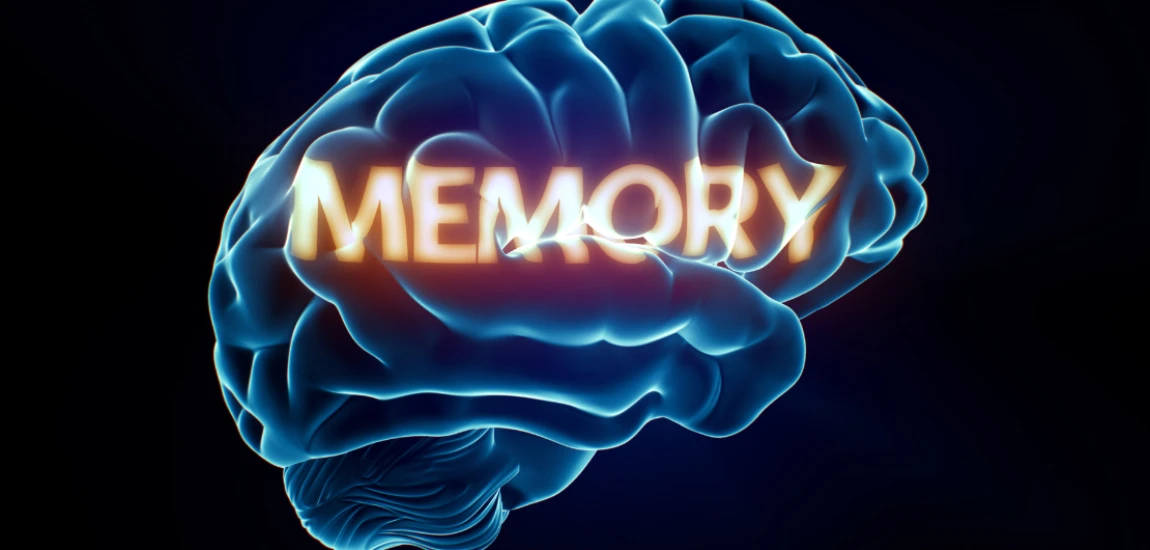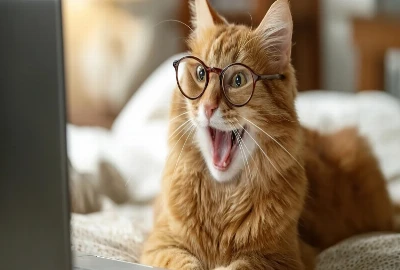Who Owns Cultural Memory? The Ethics of Digitizing and Monetizing Oral Storytelling Traditions

Before the written word or the algorithm, there was the storyteller. Around fires, in fields, or during rituals, oral traditions served as living repositories of knowledge, ethics, and identity. These stories didn’t just entertain—they taught survival, morality, and belonging. But today, as societies digitize their cultural memory, a pressing question emerges: Who gets to own these stories once they’re online?
Oral Tradition as Living Memory
Oral storytelling is dynamic. Each retelling evolves, shaped by the storyteller’s voice, community, and context. This fluidity is what gives oral traditions their vitality. Yet digitization, with its fixation on permanence, freezes these living stories into fixed forms, altering their meaning and function. When a performance meant to exist only in the moment becomes an archived file, does it lose its soul—or gain a second life?
Cultural Identity and Story Transmission
In indigenous and local communities, oral traditions aren’t just narratives—they’re the glue that binds generations. They transmit cosmology, history, and ethics through storytelling that’s participatory and relational. Recording and uploading these stories, often by outsiders, risks transforming communal heritage into consumable content. What’s preserved may be the words, but not the relationships that give them meaning.
The Shift from Memory to Media
Digitization changes the way we interact with culture. Once ephemeral, stories now circulate globally as data—liked, shared, monetized. This shift raises critical ethical questions: can intangible heritage truly belong to the public domain, or does it still belong to the people who carry it in their voices?
Digital Preservation or Cultural Extraction?

Digitization is often presented as preservation, but it can also be a form of extraction—taking living knowledge from its source and placing it under new systems of control.
The Good Intentions of Digital Archiving
There’s no denying that digitization has helped rescue endangered languages and oral traditions from extinction. Archives like the World Oral Literature Project and UNESCO’s digital heritage initiatives have documented stories that might otherwise have vanished. Digital tools can amplify marginalized voices and create global awareness.
The Hidden Cost of Accessibility
However, making stories “accessible” online often means detaching them from the communities that gave them life. Once digitized, anyone can remix, reframe, or even profit from them without permission. Cultural knowledge that once belonged to a few now belongs to everyone—and sometimes, to corporations. What was once sacred becomes searchable.
When Preservation Becomes Possession
Digitizing without consent can replicate colonial dynamics under the guise of progress. Just as artifacts were once taken for museums, stories are now taken for databases. This raises an uncomfortable question: does digitization democratize heritage or commodify it?
Ownership and Intellectual Property in Oral Cultures

Legal frameworks often fail to protect oral storytelling traditions because intellectual property (IP) law was built for written, authored works—not communal, evolving ones.
The Problem with Western IP Law
Copyright law requires identifiable authorship and fixed expression—concepts alien to many oral traditions that rely on shared authorship and fluid performance. When these stories are digitized, institutions often claim copyright simply because they recorded or transcribed them, effectively erasing the original storytellers’ rights.
Collective vs. Individual Ownership
In many indigenous cultures, stories belong to the community, not the individual. However, digitization platforms demand individual ownership for monetization. This creates a legal paradox: the only way to protect a collective story is often to assign it to an individual custodian, which can distort traditional notions of cultural stewardship.
Ethical Archiving and Consent
Ethical digitization requires more than credit—it requires consent, context, and collaboration. Initiatives that return data ownership to communities, like the Mukurtu content management system, offer a model where cultural protocols determine who can see or share certain materials.
Monetizing Memory: When Storytelling Becomes Content

In the attention economy, stories aren’t just cultural artifacts—they’re commodities. YouTube channels, streaming platforms, and educational apps now monetize indigenous folktales, myths, and legends. But when oral storytelling enters the marketplace, ethical and cultural tensions intensify.
The Rise of Digital Story Markets
Tech companies and media startups are increasingly turning oral traditions into digital products—animated videos, podcasts, NFTs, or metaverse experiences. While this creates opportunities for global exposure, it also risks turning sacred narratives into marketable entertainment stripped of their cultural integrity.
Who Benefits Financially?
Often, the profits from these projects go to platforms or publishers rather than storytellers or their communities. Cultural narratives become part of an economic ecosystem where authenticity is marketed but rarely rewarded. Without equitable revenue sharing, digitization becomes another form of exploitation.
Resisting the Commodification of Culture
Some communities are reclaiming control through grassroots initiatives—creating their own digital storytelling platforms, licensing models, and community-led archives. These efforts demonstrate that digitization doesn’t have to equal dispossession. It can be a tool for self-representation, provided ethical frameworks guide its use.
Technology as a Tool for Cultural Sovereignty

Digitization isn’t inherently exploitative; it depends on who controls the narrative and how technology is deployed. When communities use technology to tell their own stories, it can strengthen cultural identity rather than dilute it.
Community-Led Digital Archives
Indigenous-led projects such as the First Nations Media Australia archive and the Native American Audio Archive empower communities to digitize oral histories on their own terms. By setting access protocols and context-sensitive metadata, they ensure stories remain culturally grounded.
Using AI and Blockchain for Cultural Rights
Emerging technologies like blockchain offer new ways to protect oral heritage. Smart contracts can embed cultural permissions—ensuring that stories can’t be distributed or monetized without community consent. Similarly, AI can assist in language preservation by training on datasets ethically sourced from indigenous communities.
Technology as Cultural Continuum
When used responsibly, digital tools extend—not erase—oral traditions. Podcasts, VR storytelling, and social media can bring ancient narratives to younger generations in new formats, ensuring they remain relevant in a digital world. The key is to treat technology not as a colonizer of culture but as a collaborator in continuity.
The Ethics of Listening: Responsibility in the Digital Age

Digitization is not only about the storytellers—it’s also about the listeners. Ethical engagement means acknowledging the cultural origins and respecting the boundaries of shared stories.
From Consumption to Respectful Engagement
Audiences must learn to approach digital archives as spaces of respect, not entertainment. When engaging with digitized oral traditions, listeners should understand that these stories often carry ceremonial or sacred significance. They are not simply “content,” but carriers of identity and spiritual heritage.
The Role of Scholars and Curators
Academics, journalists, and archivists have an ethical duty to ensure that communities remain central to how their stories are represented. This includes co-authorship, shared royalties, and acknowledgment of cultural context in publications or media projects.
Building a Culture of Ethical Access
Platforms can introduce ethical design by embedding cultural context into the digital experience—such as warnings before sacred content or restricted-access modes for certain materials. Ethical access isn’t about gatekeeping; it’s about preserving meaning.




